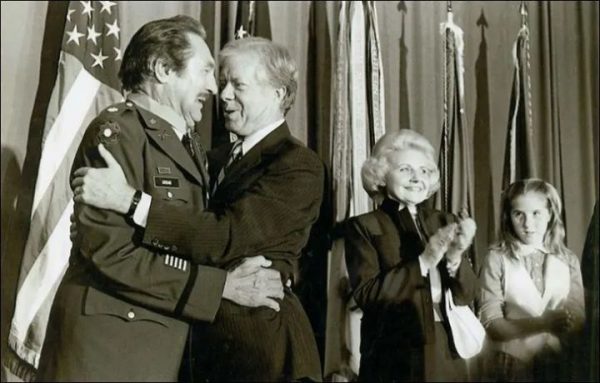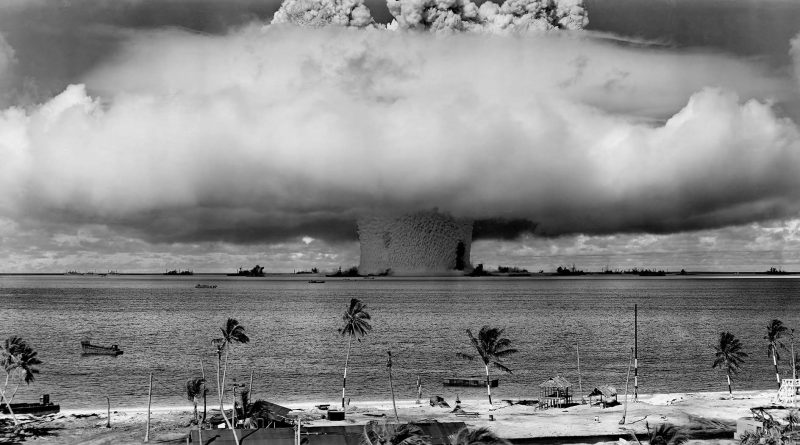July 25 in U.S. military history
1814: Days after proving America’s mettle against the British in the Battle of Chippawa, Maj. Gen. Jacob Brown again clashes with the King’s Men in Upper Canada, near Niagara Falls. British artillery commands the high ground, but Americans capture the guns and the two armies engage in close combat throughout the evening with neither side able to gain a tactical advantage. The Battle of Lundy’s Lane is one of the bloodiest engagements of the War of 1812, with both Brown and Brig. Gen. Winfield Scott (who would command the Union Army during the Civil War nearly 50 years later) receiving serious wounds.
1866: David Glasgow Farragut – best known for purportedly uttering the command, “Damn the torpedoes! Full speed ahead!” during the 1864 Battle of Mobile Bay, Alabama – is appointed to the rank of admiral, the first such rank in U.S. Naval history. Also, future American President Ulysses S. Grant pins on his fourth star, becoming the first “full general” in the history of the U.S. Army.
1944: Thousands of Allied bombers begin a bombardment of German positions, kicking off Operation COBRA — the breakout of American, British, and Canadian forces in Normandy. The Allies will shatter the Germans, beginning a campaign of fast-moving maneuver warfare, driving the Wehrmacht back to Germany with a highly effective coordination of air power in support of ground forces.
Near Saint-Lô, a seriously wounded U.S. Army captain named Matthew Urban limps out of the hospital and rejoins his armored company on the front lines. Urban dashes through German fire and takes command of a tank and leads the pinned-down element on an assault against the German armor. Urban’s battalion commander had begun the paperwork for the nation’s highest award when he was killed in action (Capt. Urban assuming command) and the paperwork was misplaced. It was not until 1979 that Urban’s heroics, including actions before and after this day, earned him the Medal of Honor. He was also awarded his seventh Purple Heart, a third Bronze Star Medal with Combat “V,” and the Croix de Guerre with Bronze Star — Gen. Charles de Gaulle having signed Urban’s citation during the war.

1945: As a transport plane carrying the uranium destined for the Little Boy bomb flies towards Tinian, Strategic Air Force commander Gen. Carl Spaatz is ordered to prepare for the upcoming atomic attacks. The estimated target date is set at August 3rd.
1946: (featured image) A 23-kiloton atomic bomb named Helen of Bikini detonates 90 feet underwater in the Bikini Atoll in one of the first nuclear tests since the attacks on Japan the previous year. One target ship is completely vaporized and numerous others, including the obsolete battleship USS Arkansas, are sunk or seriously damaged by the underwater shockwave. Several surviving warships are so heavily contaminated with radioactive seawater that instead of being salvaged, the Navy sinks the vessels.
1950: The Essex-class aircraft carrier USS Boxer (CV-21) crosses the Pacific in record time, delivering 145 F-51 Mustangs, 1,000 Air Force crew members, and over 2,000 tons supplies for the Far East Air Force in Korea. Boxer departs Japan and sets a new transpacific record on the return trip, covering some 5,000 miles in just 7 days and 10 hours.
